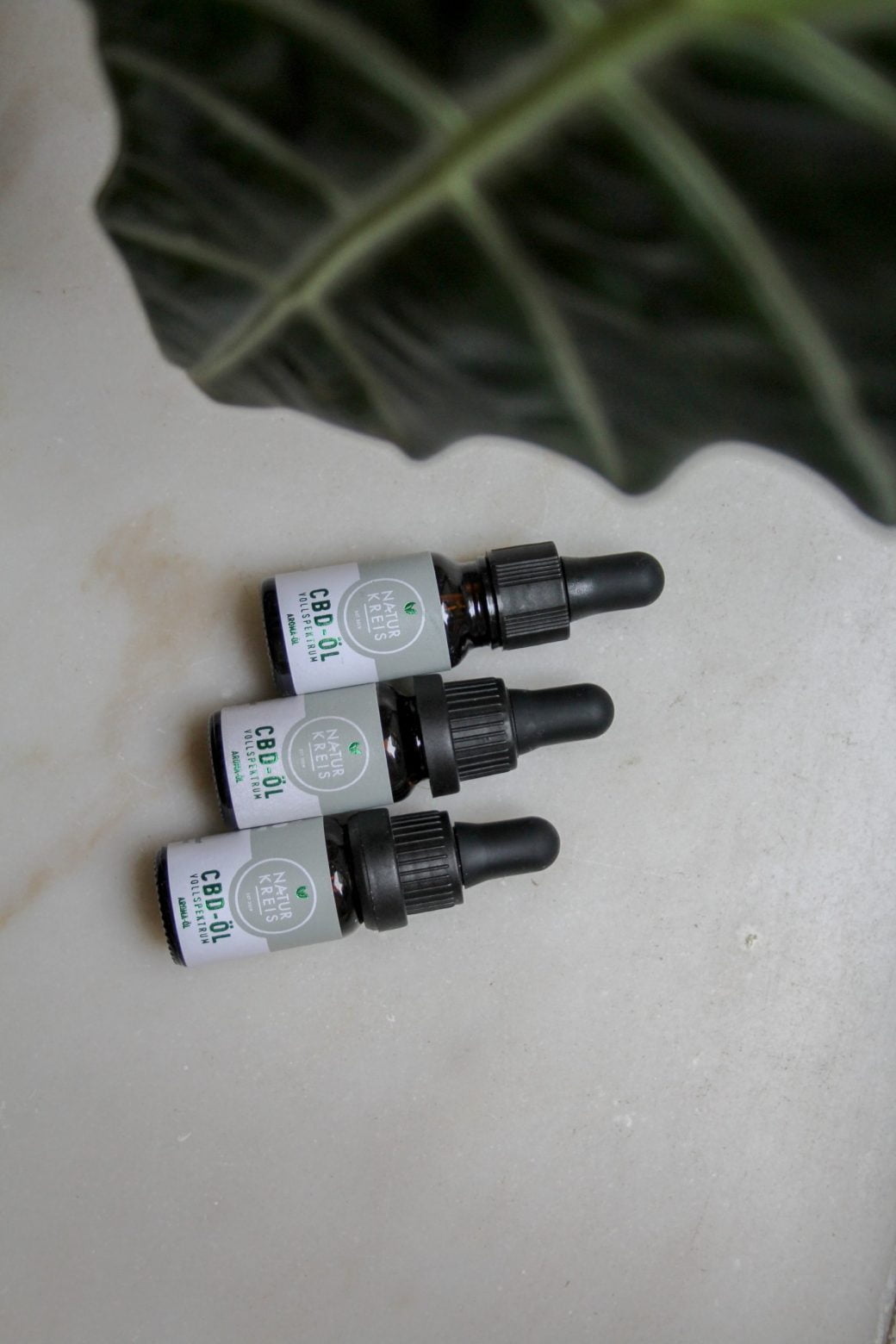CBD For Anxiety
Cannabidiol (CBD) has become increasingly popular as an alternative treatment for a variety of ailments, from arthritis to autism. The non-psychoactive cannabinoid is also being used by some people as a way to alleviate anxiety and depression, often to avoid powerful prescription drugs that may be habit-forming or have negative side-effects. Millions of Americans have been diagnosed with some form of anxiety, which can lead to a litany of issues within the body. Fortunately, more research has been conducted on CBD as a potential natural way to treat both anxiety and depression.
How does CBD work for these particular symptoms?
CBD is processed by the body’s endocannabinoid system, which is made up of CB1 and CB2 receptors. While the receptors do exist throughout the body, they have an interesting application in the brain. This is particularly true when it comes to CBD’s ability to alleviate certain stress and anxiety.
Many doctors use selective serotonin reuptake inhibitors (SSRIs) like Prozac and Zoloft, in order to treat anxiety. Serotonin signals can reduce anxiety and boost mood in certain cases, are increased by the SSRIs’ ability to block the reabsorption of the signals in the brain. Similar to SSRIs, CBD may boost signaling through serotonin receptors. In an animal study, Spanish researchers found that CBD may affect serotonin faster than SSRIs. The authors of the study noted, “The fast onset of antidepressant action of CBD and the simultaneous anxiolytic (anti-anxiety) effect would solve some of the main limitations of current antidepressant therapies.”
How does neurogenesis play a part in CBD’s efficacy?
Neurogenesis is responsible for creating new neurons within the brain. These neurons process and carry information to the necessary destinations in the body, improving overall function. A recent study published in the International Journal of Neuropsychopharmacology found that CBD may aid in the production of new neurons in the adult brain, an action that can reduce stress (stunted neurogenesis has been found to increase stress).
Another study conducted by Brazilian and Spanish scientists seemed to offer a similar outcome. Researchers first caused mice to be stressed. Two hours later, each day, researchers administered to the mice 30 mg of CBD and recorded the levels of neurogenesis. Their findings were that CBD spurred an increase in neuron production and battled the effects of chronic unpredictable stress. The findings of this study demonstrate one of the many benefits that stem from CBD.
Furthermore, in a small study, researchers had patients suffering from Social Anxiety Disorder perform a simulated public speaking test. After taking CBD, participants reported significantly less anxiety, findings supported by objective anxiety indicators like heart rate and blood pressure. Researchers concluded, “[CBD] significantly reduced anxiety, cognitive impairment, and discomfort in their speech performance, whereas the placebo group experienced higher anxiety, cognitive impairment, [and] discomfort.”
Final Thought
CBD is gaining popularity among people searching for alternative ways to treat a variety of illnesses and ailments. With millions of Americans suffering from anxiety and depression, CBD is a welcome option for those who do not respond to prescription drugs or want to avoid them if possible. It is always important to discuss all symptoms and potential treatments with your doctor before beginning a CBD regimen.



































